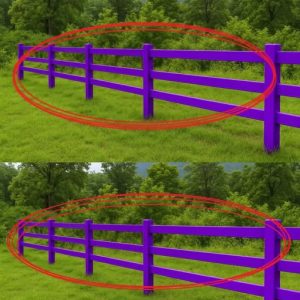Kidney disease is often silent until relatively advanced, and globally more than 800 million individuals live with chronic kidney disease (CKD). One of the earliest warning signs is the presence of albumin (a protein) in the urine, indicating damage to the filtering units of the kidneys. Among the many contributing factors to kidney decline, misuse or overuse of certain medications is especially important because it is a modifiable risk.
Proton pump inhibitors (PPIs) such as omeprazole, widely used for acid reflux, ulcers, and heartburn, have been tied in observational studies to an increased risk of acute kidney injury (AKI) and progression to CKD when used long term without oversight. Concomitant use of PPIs and nonsteroidal anti‑inflammatory drugs (NSAIDs) further amplifies the risk of AKI. The mechanisms may include acute interstitial nephritis, subtle and asymptomatic tubular injury, and chronic inflammation or fibrosis over time. In fact, a meta‑analysis showed a relative risk increase of ~1.72 for CKD among PPI users compared to nonusers. Because of that, alternatives like H2 receptor antagonists (e.g. famotidine) may be safer options in patients without preexisting kidney impairment—but always under medical supervision.
NSAIDs (ibuprofen, naproxen, diclofenac, aspirin in higher doses) are another major class of commonly used drugs that pose risk to kidney health. By blocking prostaglandin synthesis, NSAIDs constrict the afferent arterioles in the kidney (which normally help maintain glomerular perfusion), thereby reducing blood flow into the glomerulus and lowering glomerular filtration rate (GFR). In the setting of dehydration, older age, preexisting kidney disease, or concurrent use of other drug classes like ACE inhibitors or diuretics (the so‑called “triple whammy” effect), the danger is especially pronounced. Chronic or high-dose NSAID use can also promote hypertension, fluid retention, and cumulative damage.

Certain antibiotics, especially aminoglycosides (gentamicin, amikacin), are nephrotoxic and damage kidney tubules when used improperly, so their use demands close monitoring. Likewise, lithium, prescribed in bipolar disorder, carries a risk over time of inducing kidney dysfunction, including nephrogenic diabetes insipidus. Diuretics (used for hypertension and fluid overload) increase filtration workload and may provoke dehydration or electrolyte disturbances. And some blood pressure medications, particularly those impacting the renin–angiotensin system (RAS), can alter filtration pressures; however, these should not be abruptly stopped, as their benefits often outweigh risks under guidance.
To protect kidney function, a multi-pronged approach is recommended:
-
Manage underlying risk factors — keep blood pressure, blood sugar, and cholesterol in healthy ranges.
-
Avoid self-medication, especially over-the-counter painkillers, acid suppressants, or combinations of drugs without clinician oversight.
-
Regular monitoring — periodic urine tests (for albuminuria), serum creatinine/GFR checks.
-
Stay hydrated and avoid excess salt and processed foods.
-
Eliminate harmful habits such as smoking or excessive alcohol, and maintain a healthy weight and cardiovascular health.





